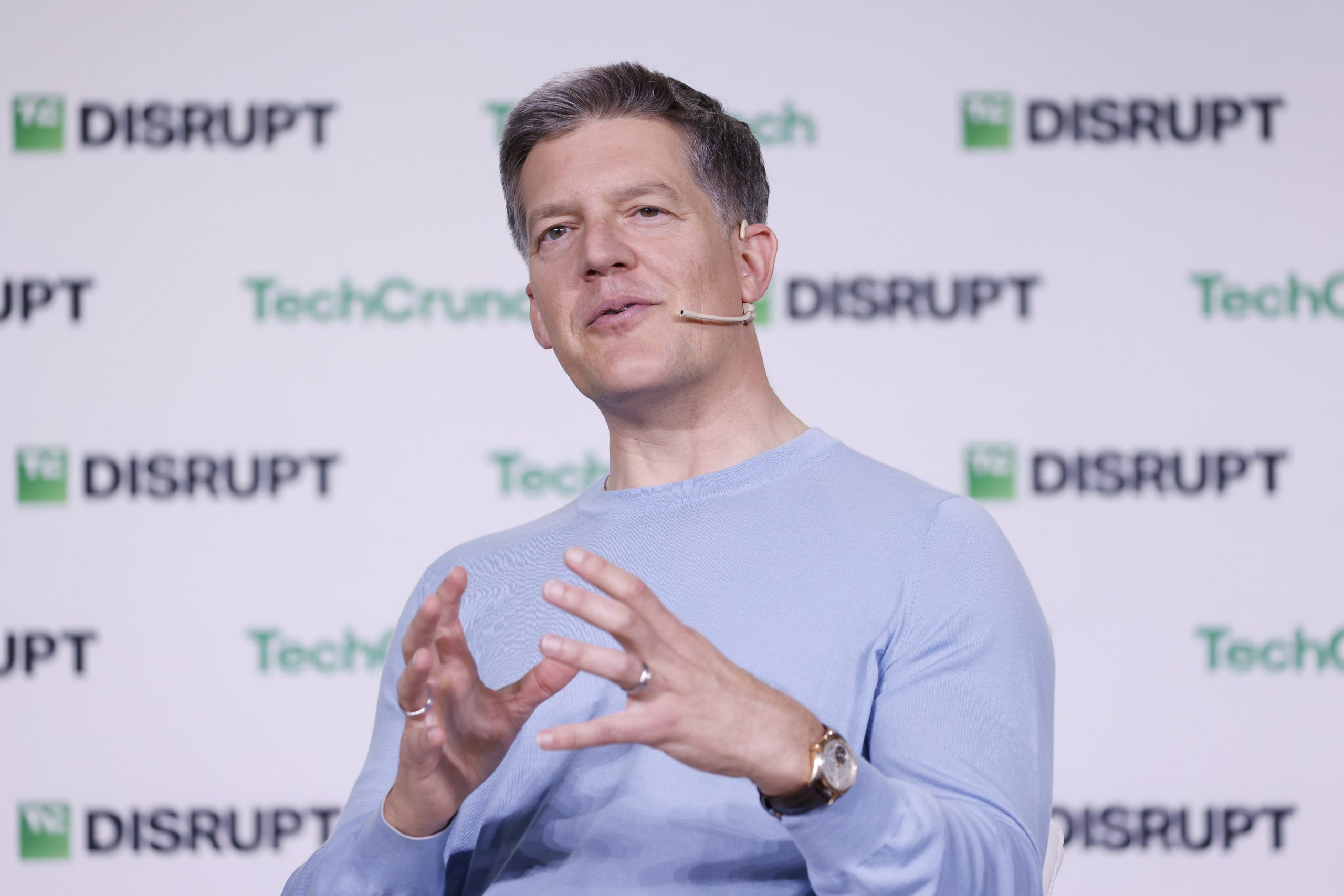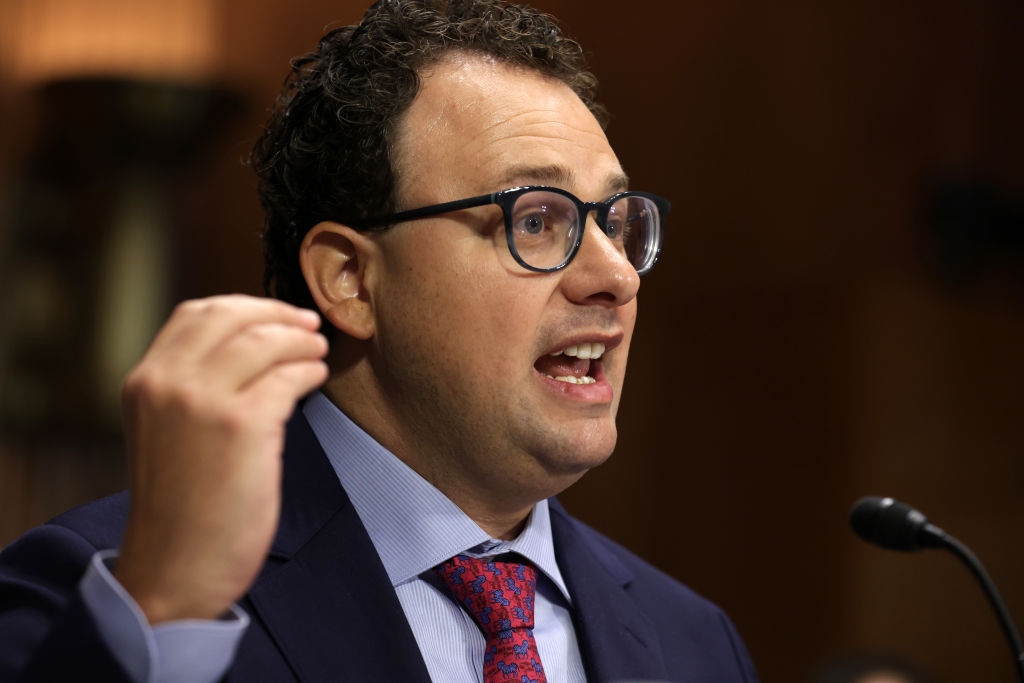
Sequoia Capital, a titan in the venture capital landscape, has announced a significant leadership transition, with Roelof Botha stepping down as senior steward. In a move signaling a new chapter for the influential firm, partners Alfred Lin and Pat Grady will jointly assume the top leadership roles as co-stewards. This change comes at a pivotal moment for the venture capital industry, as firms navigate complex economic shifts, evolving geopolitical dynamics, and heightened scrutiny of internal culture.
The New Era of Co-Stewardship
The appointment of Alfred Lin and Pat Grady as co-stewards underscores Sequoia’s strategic emphasis on collaborative leadership and a blend of diverse expertise. Both individuals bring extensive experience and a proven track record of identifying and nurturing groundbreaking companies that have reshaped various sectors of the global economy. Their combined leadership is expected to steer Sequoia through the intricacies of a rapidly evolving technological and investment environment.
Alfred Lin, who joined Sequoia in 2010, is widely recognized for his keen eye for disruptive consumer platforms and marketplace innovations. His investment portfolio includes cornerstone companies such as Airbnb, the global hospitality giant that redefined travel; DoorDash, a leader in the on-demand delivery space; and Kalshi, an emerging platform in event-based trading. Lin’s prior experience as a co-founder and COO of Zappos, which was later acquired by Amazon, provides him with a founder-centric perspective that is highly valued within the venture ecosystem. His insights into scaling operations and understanding consumer behavior have been instrumental in the success of many of Sequoia’s portfolio companies.
Pat Grady, a long-standing partner at Sequoia for nearly two decades, has been at the forefront of the firm’s growth-stage investing since 2015. He has championed investments in transformative enterprise software and artificial intelligence companies. His notable backing includes ServiceNow, a cloud-based platform for digital workflows; OpenAI, a pioneer in artificial intelligence research and development; and Harvey, an innovative legal AI platform. Grady’s expertise lies in identifying companies with robust business models poised for significant expansion, particularly those leveraging advanced technologies to drive efficiency and innovation across industries. His deep understanding of the enterprise market and the nascent AI sector positions him as a critical voice in shaping Sequoia’s future investment strategies. The shared stewardship model reflects a growing trend in complex organizations, aiming to distribute leadership responsibilities and leverage complementary skill sets to address multi-faceted challenges.
Roelof Botha’s Transformative Tenure
Roelof Botha’s departure marks the end of a dynamic period for Sequoia Capital, one characterized by significant market turbulence and strategic reorientations. Botha, who initially took charge of Sequoia’s U.S. and European operations in 2017, ascended to the firm’s highest leadership position as senior steward in mid-2022. His tenure was marked by both impressive financial distributions and a series of high-profile challenges.
Under Botha’s guidance, Sequoia Capital distributed an impressive $50 billion to its limited partners, a testament to the firm’s continued ability to generate substantial returns despite market volatility. However, his time at the helm coincided with a dramatic shift in the global economic landscape. Shortly after assuming the senior steward role, the public markets experienced a sharp downturn, which significantly impacted the valuations of numerous companies within Sequoia’s extensive portfolio. This period demanded a recalibration of investment strategies, a renewed focus on fundamentals, and careful navigation of a more conservative funding environment.
One of the most widely reported incidents during his leadership was the firm’s write-off of a $200 million investment in the cryptocurrency exchange FTX in November 2022, following its spectacular collapse. While a relatively small fraction of Sequoia’s overall assets, the incident served as a stark reminder of the inherent risks in high-growth, nascent industries and prompted broader discussions about due diligence in the venture capital world. The FTX debacle highlighted the rapid pace of change and the potential for unforeseen risks in emerging technology sectors, even for the most experienced investors.
Global Realignment Amidst Geopolitical Pressures
Perhaps the most significant strategic move under Botha’s leadership was the decision in June 2023 to spin off Sequoia’s operations in India and Southeast Asia, and China, into independent, distinct entities. This monumental restructuring saw Sequoia India and Southeast Asia rebranded as Peak XV Partners, and Sequoia China adopting the name HongShan. This move was a direct response to escalating geopolitical tensions between the United States and China, coupled with increasing regulatory pressures from both governments.
For decades, Sequoia had operated as a unified global entity, leveraging its brand and network across continents. However, the diverging regulatory frameworks and the growing imperative for national security considerations made it increasingly challenging for a single firm to operate seamlessly across these major economic blocs. The spin-offs allowed each regional entity to pursue its own strategy, raise capital independently, and navigate its local political and economic landscapes without the complexities of a unified global structure. This strategic unbundling reflected a broader trend in the global venture capital industry, where firms are increasingly localizing their operations to mitigate geopolitical risks and cater to region-specific market dynamics. This shift underscored the evolving nature of global finance, where political considerations now heavily influence investment strategies and organizational structures.
Internal Dynamics and Cultural Debates
Beyond market and geopolitical challenges, Botha’s tenure also saw Sequoia grapple with internal cultural dynamics, particularly in the wake of public controversy. In 2023, the firm became embroiled in a notable debate following comments made by partner Shaun Maguire. Maguire’s remarks, which targeted a New York City mayoral candidate and were perceived by many as Islamophobic, generated a considerable online backlash and ignited a broader discussion about free speech, corporate values, and diversity within the tech industry.
The controversy escalated when Sumaiya Balbale, Sequoia’s chief operating officer and a practicing Muslim, resigned from the firm, reportedly over the firm’s decision not to discipline Maguire. This incident, first reported by the Financial Times and later discussed during a public interview with Botha at TechCrunch Disrupt, brought into sharp focus the tensions between individual partners’ rights to free expression and the collective reputation and values of a prominent venture capital firm. Botha, when questioned about the matter, maintained Sequoia’s policy of not commenting on personnel matters but emphasized the firm’s internal culture of celebrating "diversity of opinions" and nurturing "spiky people." He articulated a stance that upheld the "right to free speech of each of our individual partners," reflecting a broader debate within Silicon Valley about how companies balance free expression with maintaining an inclusive and respectful environment. This episode highlighted the increasing scrutiny venture capital firms face not only for their investment decisions but also for their internal ethics and social stances.
Sequoia’s Enduring Philosophy and Future Path
Throughout these shifts and challenges, Sequoia Capital has consistently reiterated its core philosophy. Botha himself frequently emphasized that his role as senior steward was not one of absolute command but rather a facilitator. He famously quipped that his title was "just a notch above ‘usher’ in the dictionary," and that "Global Supreme Leader wasn’t available," illustrating a firm culture that values distributed power and collective decision-making. He stressed that every investor at Sequoia participates in investment decisions, embodying the principle of "the triumph of ideas, not the triumph of seniority." This emphasis on meritocracy and collective intelligence has been a cornerstone of Sequoia’s long-standing success, fostering an environment where insightful ideas can emerge from any level of the organization.
The firm’s unwavering commitment to its foundational principles was recently symbolized by a renovation of its office, which included a wall adorned with the handwritten reminder: "We are only as good as our next investment." This adage encapsulates Sequoia’s forward-looking approach and its relentless pursuit of identifying the next generation of industry-defining companies. Reinforcing this commitment to early-stage innovation, Sequoia recently announced the launch of two new funds: a $750 million early-stage fund specifically targeting Series A startups, and a $200 million seed fund. These new capital commitments signal Sequoia’s continued belief in the power of nascent ventures and its strategy to identify and support founders at the earliest stages of their entrepreneurial journey, even in a more constrained funding environment.
The Broader Venture Capital Landscape and Looking Ahead
Sequoia Capital’s leadership transition and strategic adjustments occur against a backdrop of a significantly altered global venture capital landscape. The exuberance of the 2020-2021 tech boom has given way to a more cautious and selective investment climate. Higher interest rates, inflationary pressures, and a slower IPO market have led investors to prioritize profitability and sustainable growth over hyper-growth at all costs. In this environment, the ability to identify truly resilient and innovative companies becomes even more critical.
The appointment of Lin and Grady as co-stewards positions Sequoia to leverage their combined strengths in consumer platforms, enterprise software, and artificial intelligence, sectors that continue to drive significant innovation. Their mandate will be to navigate the complexities of a fragmented global market, capitalize on emerging technological paradigms like generative AI, and maintain Sequoia’s legendary track record of backing the next generation of world-changing companies.
As Alfred Lin and Pat Grady embark on their shared leadership, they inherit a firm with a rich legacy of innovation and adaptation. Their challenge will be to uphold Sequoia’s storied past while charting a course that addresses contemporary market realities, maintains cultural integrity, and continues to deliver exceptional returns for its limited partners in an increasingly complex and competitive venture capital ecosystem. The industry will be watching closely as this venerable institution enters its next significant chapter.







